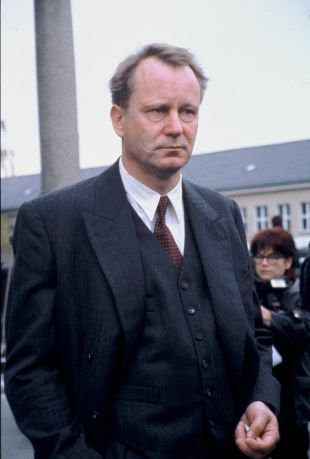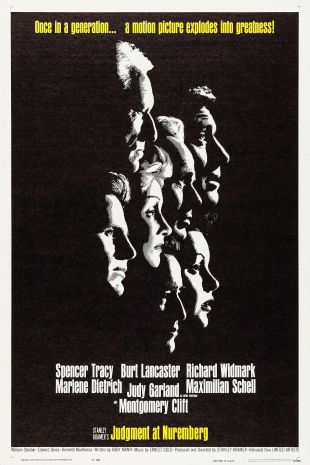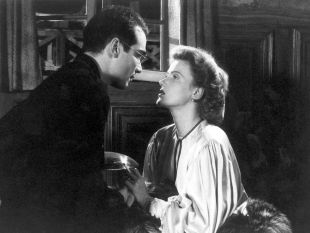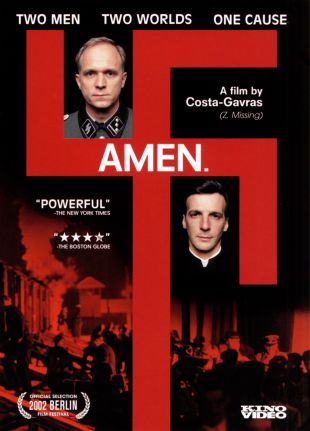
Taking Sides (2001)
Directed by István Szabó
Genres - Drama, War, Historical Film |
Sub-Genres - Political Drama, Period Film |
Release Date - Sep 5, 2003 (USA) |
Run Time - 108 min. |
Countries - Austria, Germany, France, United Kingdom, Hungary |
MPAA Rating - NR
Share on
Synopsis by Bruce Eder
Set in Germany in 1946, Taking Sides tells the story of the investigation of Wilhelm Furtwängler (Stellan Skarsgård), the renowned conductor of the Berlin Philharmonic and Vienna Philharmonic orchestras, by the American occupying army. Major Steve Arnold (Harvey Keitel) has been told by his superiors that they want Furtwängler convicted of being a willing participant in the crimes of the Hitler regime, by virtue of his supposed support for and support from the Hitler government. They haven't got the time or resources to go after every ex-Nazi, so they want Furtwängler, as the biggest cultural target they can hit. Arnold does his loud, boorish best to first humiliate and then attack the conductor over the supposed favoritism that he was shown by Hitler, Goering, Himmler, et al. and his conducting of a concert at the 1934 Nuremberg rally and at Hitler's 53rd birthday. Arnold finds, to his eventual distress but not dissuasion, that nothing is as simple as he would like to make it. His civilian secretary, Emmi Straube (Birgit Minichmayr), a concentration camp survivor whose father was part of the German Army plot to kill Hitler, and Lt. David Wills (Moritz Bleibtreu), a German-born Jew representing the War Crimes Tribunal, keep trying to remind Arnold that life and politics in Germany only deteriorated gradually after 1933, and in ways that couldn't always be anticipated by those who were there. Germans who chose not to leave weren't necessarily casting their lot with Hitler, but with protecting what was decent or even great about Germany, including her orchestras and music. Arnold knows nothing about music and even less about Germany and her people, and won't be deterred from his goal. Wills and Straube wish to resign from working with him, until they realize that they're facing the same choice that Furtwängler faced -- to leave a horrendous situation and have no way of affecting its conduct or outcome, or remain and do their best to stand up for decency and truth. In the process of doing that, they find out that Furtwängler is not only a great artist -- which they knew already -- but a great and brave man, who also has his flaws. The latter include an outsized ego that may have caused him to participate a little too willingly at times in the dangerous game he played of maintaining the excellence of Germany's musical institutions while protecting them (and also many musicians) from the worst ravages of the Nazi regime, at the same time also keeping lesser, more compliant figures from usurping his control.
Characteristics
Moods
Keywords
conductor [music], Holocaust, orchestra, war-crimes
Attributes
High Artistic Quality







/_derived_jpg_q90_310x470_m0/TheQuietAmerican2002-Poster.jpg)



